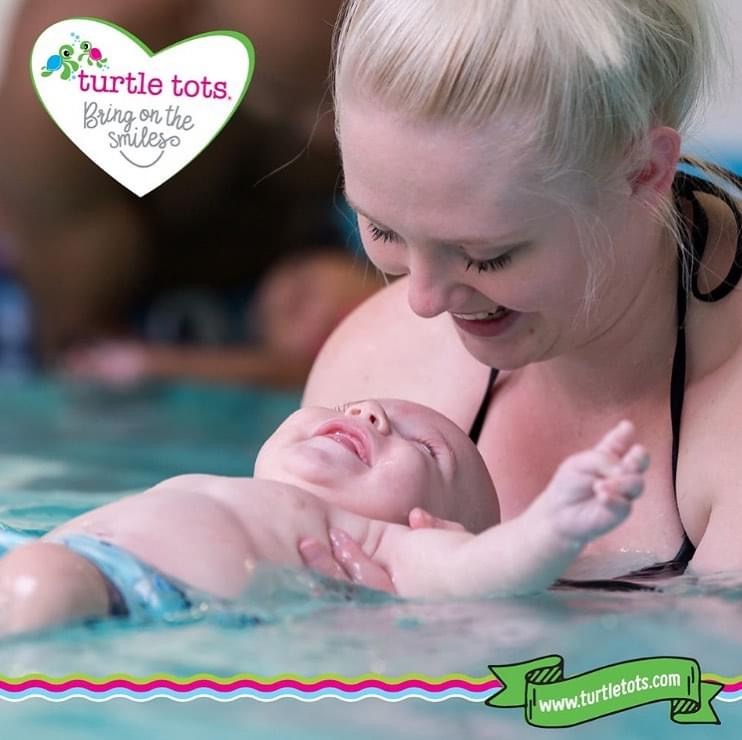The Ripple Effect: How Baby Swimming Influences Cognitive Development

West Berks Reading and North Hants
Welcome to the gentle waves of early development, where the splash of water isn’t just about fun and games; it’s a catalyst for growth. At our core, we understand the profound impact of baby swimming on the holistic development of children. Beyond the bubbles and giggles lies a significant enhancement in cognitive development, a subject we’re diving into with keen interest. Let’s explore the fascinating world beneath the surface and understand how baby swimming is more than just an activity—it’s a building block for the future.
A Dive into Sensory Learning
Water is a medium that engages multiple senses simultaneously. When babies swim, they’re not just moving; they’re feeling the pressure of the water, hearing the muffled sounds beneath the surface, and seeing the world from a new perspective. This multisensory experience stimulates neural pathways, enhancing brain function and promoting cognitive development in a way that land-based activities cannot replicate.
Research suggests that the buoyancy and resistance of water require babies to use their brain differently, encouraging problem-solving skills from an early age. The repetitive motion of kicking and paddling can also aid in the development of spatial awareness, coordination, and the understanding of cause and effect.
Language and Communication Skills
The interactive environment of baby swimming classes fosters an atmosphere ripe for language development. Instructors and parents naturally use a wide range of vocabulary, tones, and expressions as they guide and encourage babies through the lessons. This exposure to language, coupled with the need to understand and follow simple instructions, can accelerate language acquisition and comprehension.
Moreover, the social setting of a swimming class provides babies with early communication experiences, teaching them non-verbal cues and the basics of social interaction, which are critical components of effective communication.
Emotional and Psychological Well-being
Swimming from a young age can have a profound effect on a child’s emotional intelligence. The water environment demands a level of trust and adaptability, nurturing a baby’s confidence and independence. Successes in learning to float or move in water reinforce a sense of achievement and self-esteem, while the calming effects of water can reduce stress and anxiety, promoting a more positive mood and outlook.
A Catalyst for Future Learning
The early years are crucial for setting the foundation for lifelong learning, and baby swimming plays a pivotal role in this developmental stage. The skills acquired in the pool—such as concentration, memory, and the ability to follow instructions—are transferable to academic settings. Children who participate in early swimming activities often show enhanced readiness for the challenges of formal learning, displaying advanced capabilities in reading, writing, and mathematics.
The Ripple Effect
The benefits of baby swimming are far-reaching, extending beyond the pool and into the realms of daily life and future learning. It’s an investment in a child’s cognitive development, providing them with a head start in life. Our swimming programs are designed not just to teach babies how to swim but to nurture their development in a holistic way, preparing them for a future of learning and growth.
We invite you to join us in the water, where the ripples of early learning spread wide and far, touching every aspect of your child’s development. Together, let’s make a splash in the vast ocean of potential that lies within each little swimmer.
Share this post